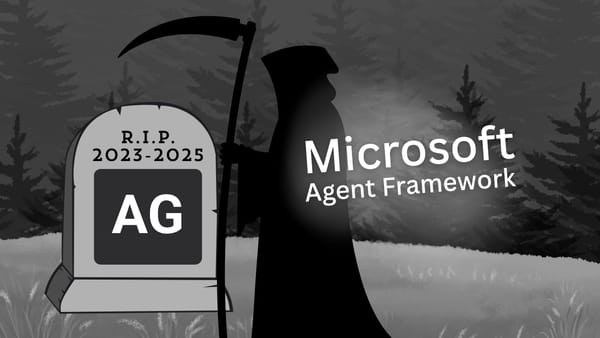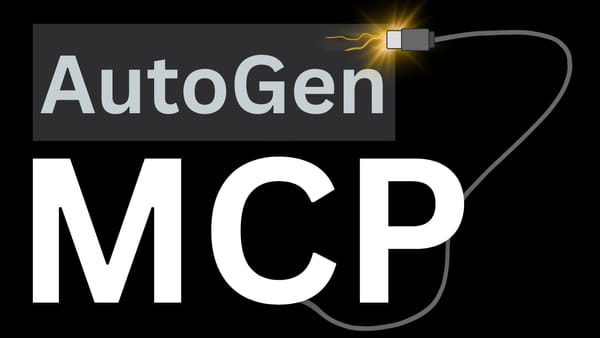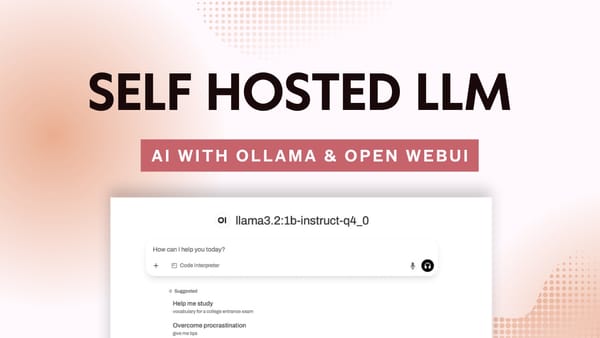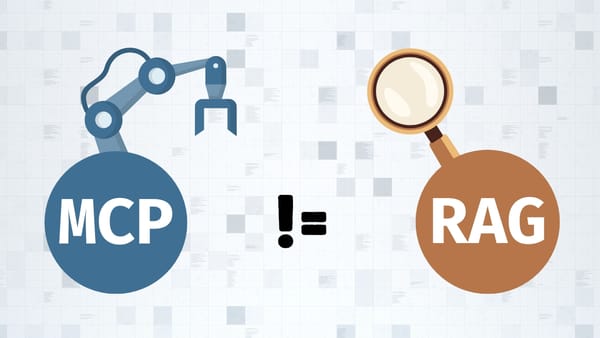A comparison between OpenAI GPTs and its open-source alternative LangChain OpenGPTs
OpenAI GPTs are trending and for a good reason. Anyone can now create their own custom ChatGPT and publish it for everyone to use. But did you know that there's an open-source alternative that does the same thing without the OpenAI platform lock-in?
That was fast! Just a day after OpenAI announced GPTs during the DevDay keynote, the LangChain team quickly released their own open-source version of GPTs called OpenGPTs.
Introduction
An introduction is important here to explain what we're talking about when we refer to LangChain OpenGPTs and OpenAI GPTs.
Both solutions let you create and publish a customized chatbot tailored to your needs. The innovation here is that you can build these chatbots without having to write a single line of code.
How? You have a conversation with a builder, which is a specialized chatbot, that can then create a chatbot based on your conversation.
Interesting, right? Okay, let's explore what LangChain OpenGPTs are and see how they stack up compared to the OpenAI GPTs offering.
Understanding OpenGPTs
OpenGPTs is an open-source project by the LangChain team in response to OpenAI's GPTs. Behind the scenes, it uses the popular LangChain library, LangServe, and LangSmith to achieve its results.
What is LangChain?
I frequently write about LangChain on this blog. I recommend you go through the posts to get a general understanding of how LangChain works and what it provides.
👉 Official docs: https://python.langchain.com/docs/get_started/introduction
What is LangServe?
Here's the excerpt from the official docs:
LangServehelps developers deployLangChainrunnables and chains as a REST API.
This library is integrated with FastAPI and uses pydantic for data validation.
👉 Read more: https://github.com/langchain-ai/langserve
What is LangSmith?
Here's the excerpt from the official docs:
LangSmith is a platform for building production-grade LLM applications.
It lets you debug, test, evaluate, and monitor chains and intelligent agents built on any LLM framework and seamlessly integrates with LangChain, the go-to open source framework for building with LLMs.
👉 Read more: https://docs.smith.langchain.com
OpenGPTs vs. GPTs
This is a classic comparison. As with any open-source software, you automatically get a lot of flexibility, control, and customization capabilities, however, with proprietary or closed solutions you'll find yourself locked into a specific platform controlled by a single entity.
The most obvious advantages of opting for a closed-source solution are ease of use as well as consistent updates.
Let's break this down.
Supported LLMs
The LangChain framework supports more than 60 LLMs (and counting) including all OpenAI GPT models, this means you'll have a wider LLM choice with LangChain OpenGPTs vs. OpenAI GPTs since the latter supports the OpenAI models only.
Supported Vector Databases
Vector Databases are the go-to storage choice when dealing with large amounts of vector embeddings. As with LLM support, LangChain OpenGPTs support more than 60 Vector Databases while OpenAI GPTs abstract which vector database is being used.
Capabilities and Knowledge
Both GPTs and OpenGPTs also allow you to use tools that help your chatbot achieve its tasks easily and augment its knowledge.
OpenAI GPTs
Currently, OpenAI GPTs support the following tools: Web Browsing, DALL-E Image Generation, and Code Interpreter. GPTs let you upload your own documents to augment the LLM's knowledge as well as create Actions that allow the chatbot to call consume APIs.
You can read more about how these work in this post.
LangChain OpenGPTs
OpenGPTs supports more tools and integrations than GPTs including Web Search, Code Execution, Wikipedia, Arxiv, and more... OpenGPTs also supports generating images and uploading knowledge files.
Here's a full list of capabilities from the official docs:
- Sandbox - Provides an environment to import, test, and modify existing chatbots.
- Custom Actions - Define additional functionality for your chatbot using OpenAPI specifications.
- Knowledge Files - attach additional files that your chatbot can reference.
- Tools - Provides basic tools for web browsing, image creation, etc.
- Analytics - View and analyze chatbot usage data.
- Drafts - Save and share drafts of chatbots you're creating.
- Publishing - publicly distribute your completed chatbot.
- Sharing - Set up and manage chatbot sharing.
- Marketplace - Search and deploy chatbots created by other users. (Coming soon)
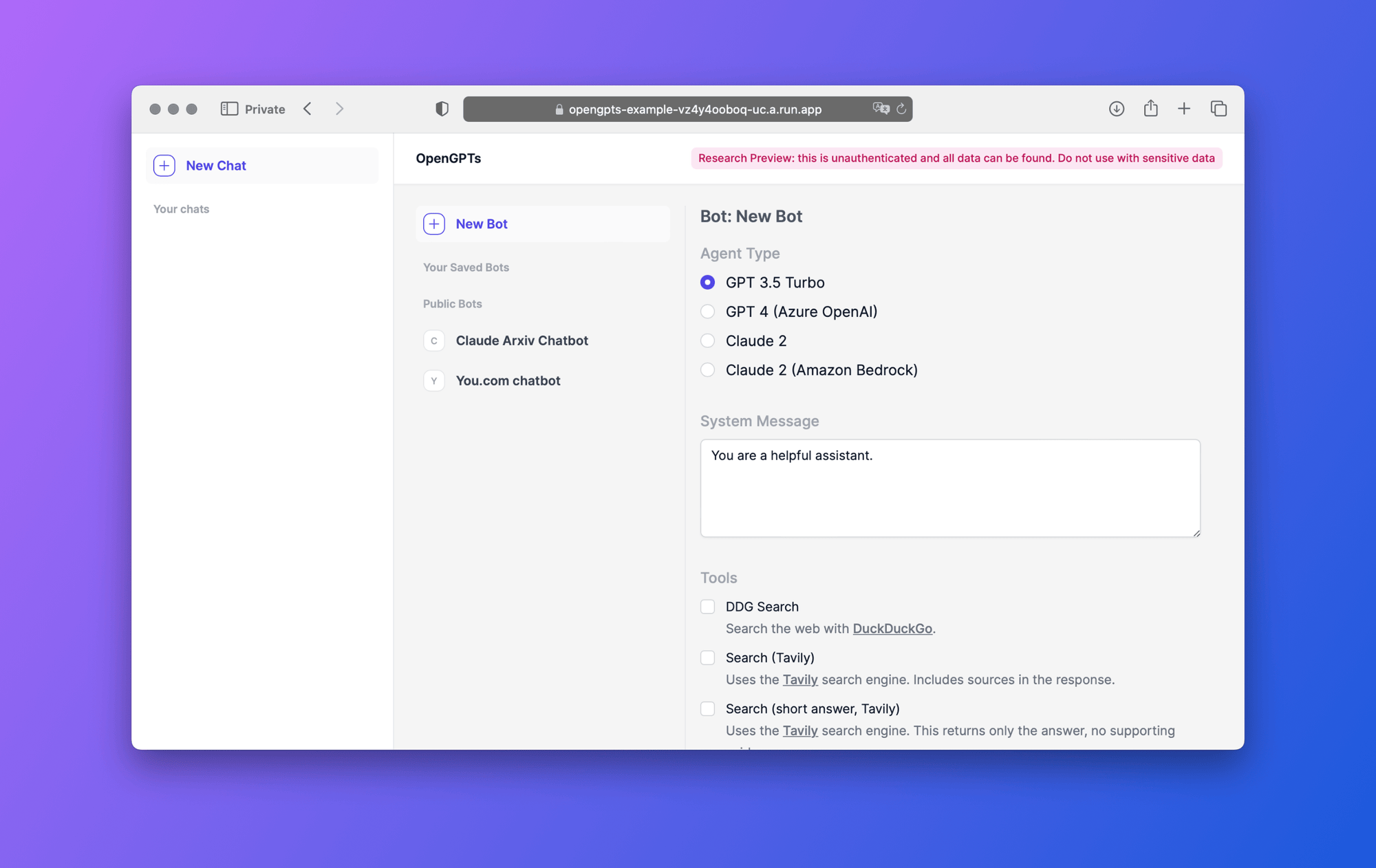
Pricing
OpenGPTs itself costs nothing, that is $0, exactly the same amount to become a member of this blog. Meanwhile, OpenAI GPTs live within the OpenAI platform and require the $20 ChatGPT Plus monthly fee.
Publishing
The LangChain team mentioned that the OpenGPTs Marketplace is coming soon. Similarly, OpenAI said that the GPT Store will be available by the end of the month.
Sam Altman, the (now again) CEO of OpenAI announced that creators will be able to monetize GPTs, it is not clear if there are any similar plans for the OpenGPTs Marketplace.
Conclusion
In this post, we looked at LangChain OpenGPTs and OpenAI GPTs, how they compare, and what you can do with them.
I feel that this post will not be complete without going through the steps needed to create our own OpenGPT. Therefore, stay tuned for another post that dives deeper where I will demonstrate how you can build your own OpenGPT.
Here are the official LangChain OpenGPTs docs if you just want to get started and can't wait!
Further readings
More from Getting Started with AI
- New to LangChain? Start here!
- OpenAI GPTs: Create and make money from your own custom ChatGPT using the GPT Store
Frequently Asked Questions
What are LangChain OpenGPTs?
LangChain OpenGPTs are an open-source alternative to OpenAI's GPTs. Building on top of the LangChain library, LangServe, and LangSmith OpenGPTs offer a platform for building and deploying large language model (LLM) apps.
How do LangChain OpenGPTs differ from OpenAI GPTs?
LangChain's OpenGPTs offer increased flexibility, control, and a broader choice of LLMs and Vector Databases. OpenAI GPTs, on the other hand, provide ease of use, a managed environment, and consistent updates but are limited to the OpenAI models, require a 20$ ChatGPT Plus subscription, and cannot live outside of the OpenAI platform.
What is the cost of using LangChain OpenGPTs compared to OpenAI GPTs?
LangChain OpenGPTs are free to use, though third-party tools such as Vector Databases and LLMs might incur costs. OpenAI GPTs require a $20 monthly Plus membership fee on the OpenAI platform and the costs are based on the resource usage.



